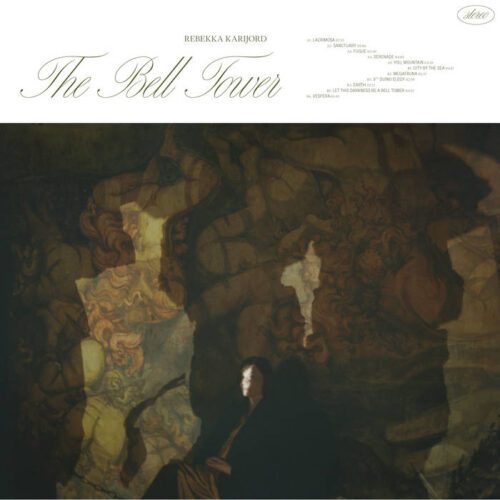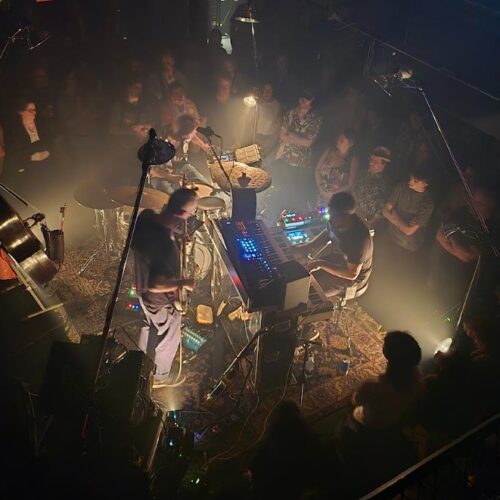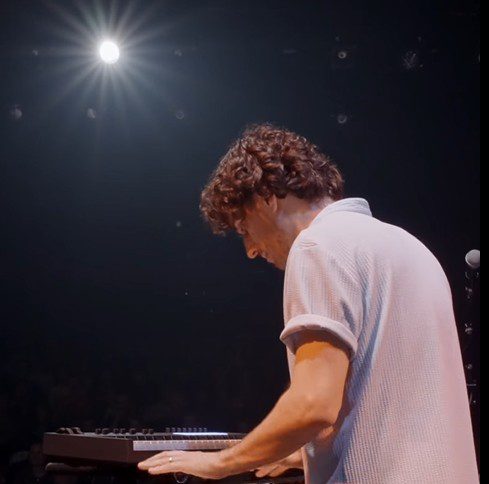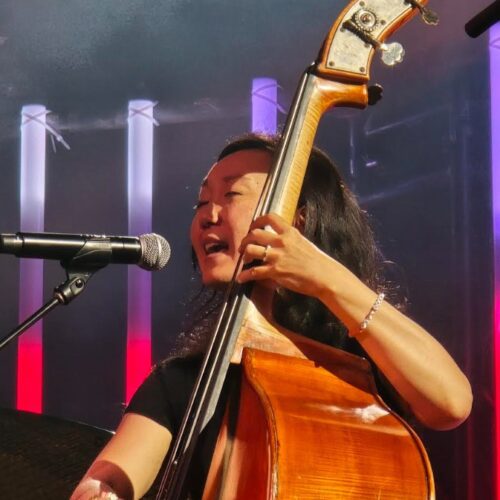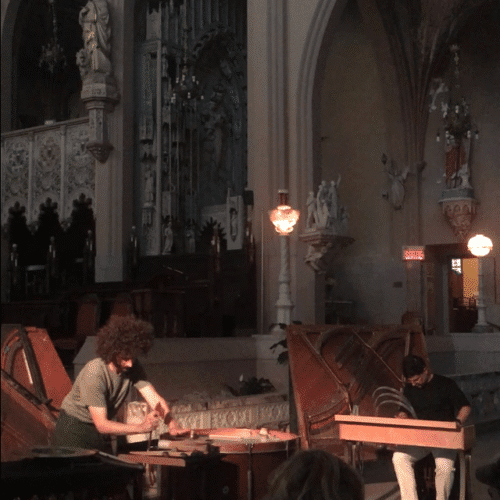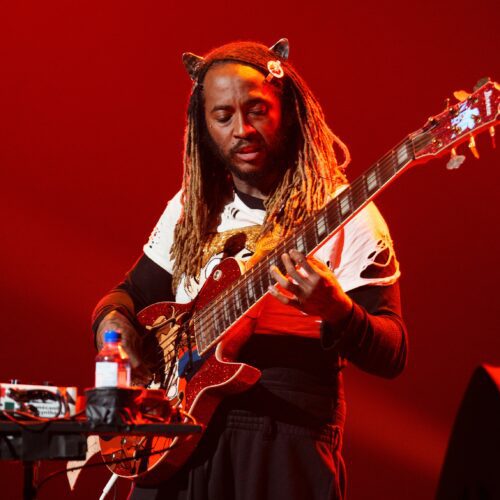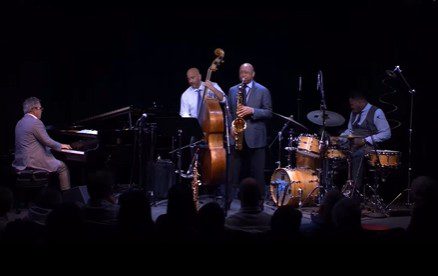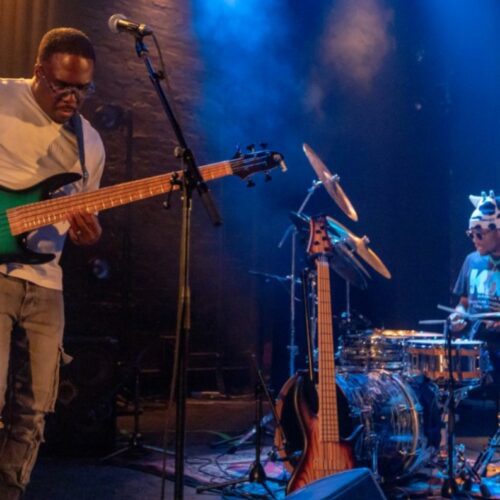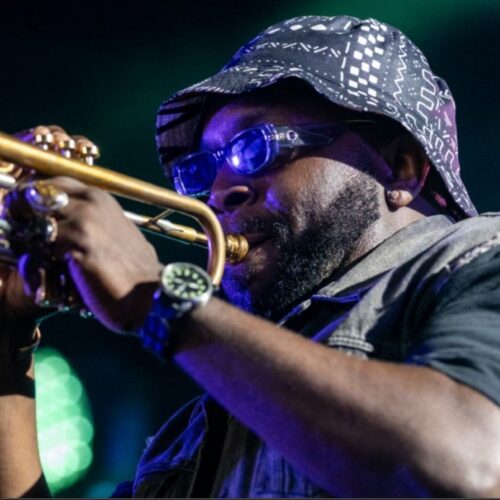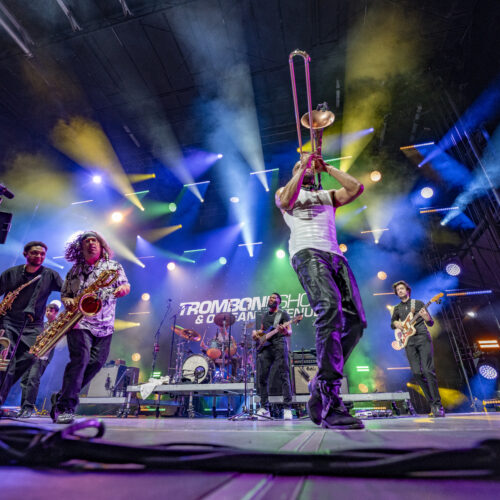Rebekka Karijord is Norwegian, now living in Sweden, and sings mostly in English.
The Bell Tower is her seventh album. But she is also known to a niche North American audience for having participated in a folk album entitled Complete Mountain Almanach (2023) in the company of the Dessner family, including Aaron and Bryce who are members of the alt-rock fetish band The National.
Rebekka Karijord has made alternative music and a lot of film music, including that for I am Greta, a documentary dedicated to the young climate activist Greta Thunberg. She is also drawn to strings, voices, classical music and experimentation of all kinds.
The Bell Tower embodies all these desires. It’s an album in which the voice occupies a primordial and original place: Rebekka Karijord recorded the voices of twenty-five people from all over the world and put them all into a sampler keyboard, allowing her to modify them and make melodies as she saw fit.
This “vocal” instrument is the musical basis of The Bell Tower. But Rebekka wanted more voices. So she hired the American experimental vocal ensemble Roomfull of Teeth, who added some 15 real voices to the doctored samples.
The album opens with an interview with a Buddhist poet and philosopher, who talks about the challenge of climate change, with muted choral voices. We could be in a sanctuary. And beauty pierces us.
The future of our planet is also an obsession for the musician. Rebekka Karijord adds her own voice to the sampled voices and choir to talk about her climate anxieties. In Sanctuary, she addresses her children. There’s also a tribute to the German poet Rainer Maria Rilke, in Let This Darkness Be a Bell Tower, which evokes the transformative power of art, which turns fear into beauty. Verses from the 19th century that ring very true today.
That’s the paradox and the strength of The Bell Tower: sometimes you feel like you’re in a 17th-century church, then suddenly you’re in the 21st century. We hear voices that sometimes sound like electronic musical instruments, superimposed on multiple real voices. We move from serenity to doubt, from melody to repetition. Bach meets Arvo Pärt and Joni Mitchell.
It’s a forty-three-minute musical journey that leaves no one indifferent. It’s an album that needs to be listened to carefully and repeatedly to grasp all its subtlety and beauty.
